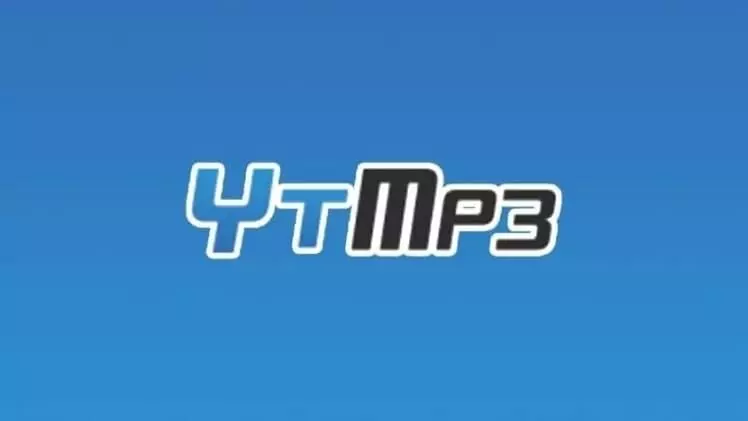Introduction
In today’s fast-paced digital world, access to media on-demand has become a priority for users across the globe. Among the many tools developed to meet this need, Ytmp3—a free online YouTube to MP3 converter—has grown in popularity. It allows users to convert YouTube videos into downloadable audio files in MP3 format. While the tool is incredibly convenient, it also raises questions regarding legality, ethics, and digital rights.
What is YTMP3?
YTMP3 is a web-based application that enables users to convert and download YouTube videos as MP3 (audio) or MP4 (video) files. The process is simple: users copy the URL of a YouTube video, paste it into the converter, choose their preferred format, and download the file. No registration, login, or software installation is required, making it highly accessible and user-friendly.
YTMP3 is especially popular among users who want to:
-
Download music for offline listening
-
Save podcasts or lectures
-
Extract audio from videos for personal use
Features and User Experience
Some of the key features that make YTMP3 attractive include:
-
Free to use: There are no subscription fees or hidden costs.
-
Fast conversion: The conversion and download process usually takes less than a minute.
-
Compatibility: Works on all devices—desktops, laptops, tablets, and smartphones.
-
Simple interface: Minimalist design for a smooth user experience.
These features make YTMP3 a go-to tool for casual media consumption without the need for premium music services.
Legal and Ethical Concerns
Despite its popularity, YTMP3 exists in a legal gray area. Downloading copyrighted content without permission often violates YouTube’s terms of service and copyright laws in many countries.
-
Copyright Infringement: YouTube content creators rely on ad revenue and subscriptions. Converting and downloading their videos may deprive them of rightful earnings.
-
Violation of Terms: YouTube’s terms of service explicitly prohibit the downloading of videos without a download button provided by the platform.
-
Risk of Penalties: Depending on your location, downloading copyrighted content could result in fines or other legal consequences.
In 2019, the music industry took legal action against several YTMP3 websites, arguing that such services promote piracy. As a result, some YTMP3 sites were shut down or faced legal restrictions.
Safety and Security Risks
Besides legal implications, using YTMP3 converters also involves technical risks:
-
Malware and Ads: Many converter sites are ad-heavy and may include malicious links or pop-ups.
-
Data Privacy: Some platforms collect user data, often without transparent privacy policies.
-
Fake Sites: Imitation sites can pose phishing threats or attempt to install unwanted software on your device.
To stay safe, users should be cautious, use trusted antivirus programs, and avoid clicking on suspicious ads.
Ethical Alternatives
For those concerned with legality and fairness, there are many ethical alternatives:
-
YouTube Premium: Allows offline viewing and supports creators.
-
Spotify, Apple Music, and other streaming services: Provide access to a wide range of music legally.
-
Creative Commons Media: Platforms like Free Music Archive offer downloadable music under open licenses.
By choosing legal options, users can enjoy media while supporting the artists and content creators they love.
Conclusion
YTMP3 is undeniably a convenient tool for downloading YouTube content, particularly for users who want offline access to music and other audio. However, this convenience comes at a cost—legal risks, ethical concerns, and potential security threats. As digital consumption continues to rise, it’s essential to stay informed and make responsible choices when accessing online content.
Ultimately, while YTMP3 offers a quick fix, the long-term solution lies in supporting platforms and creators through legal and ethical means.






